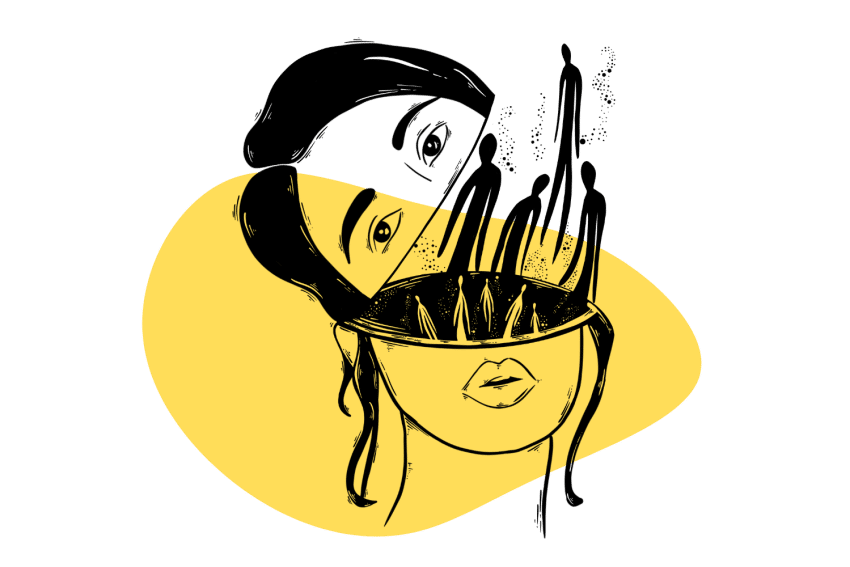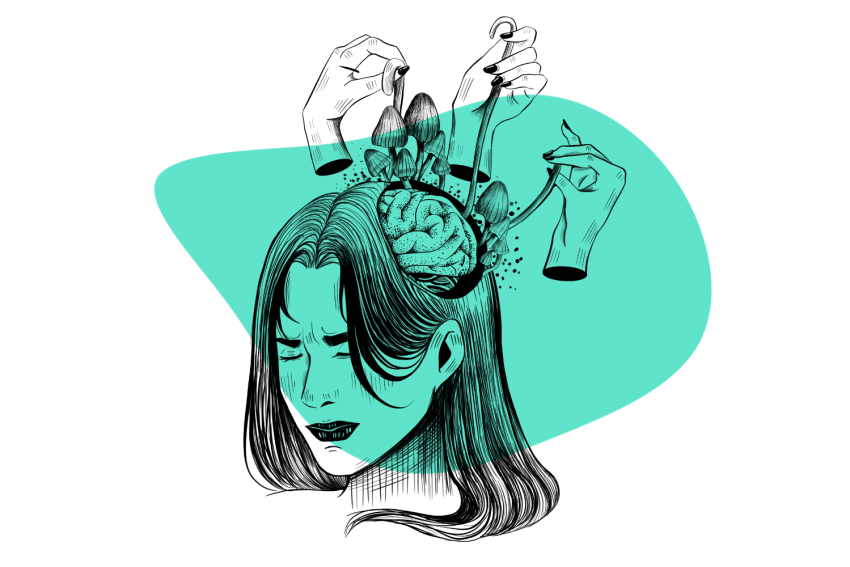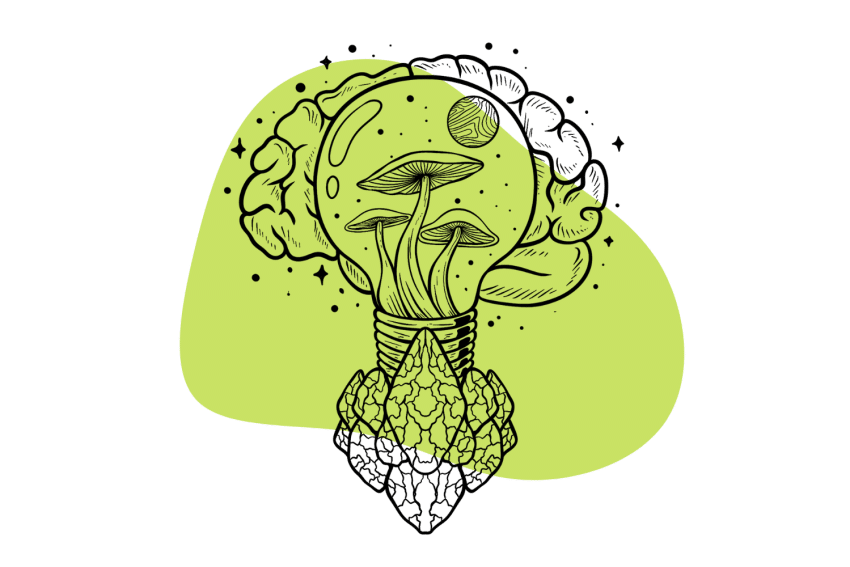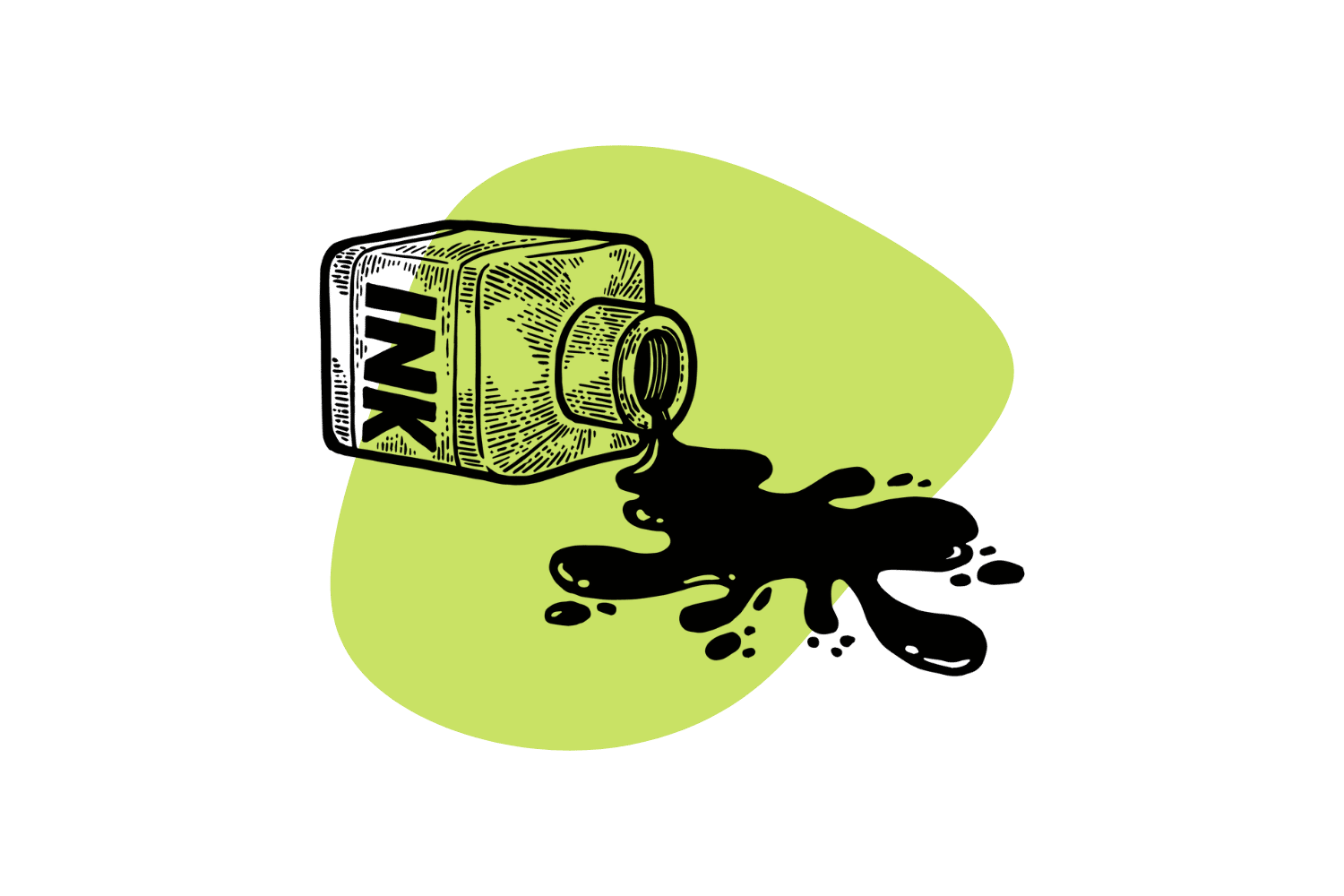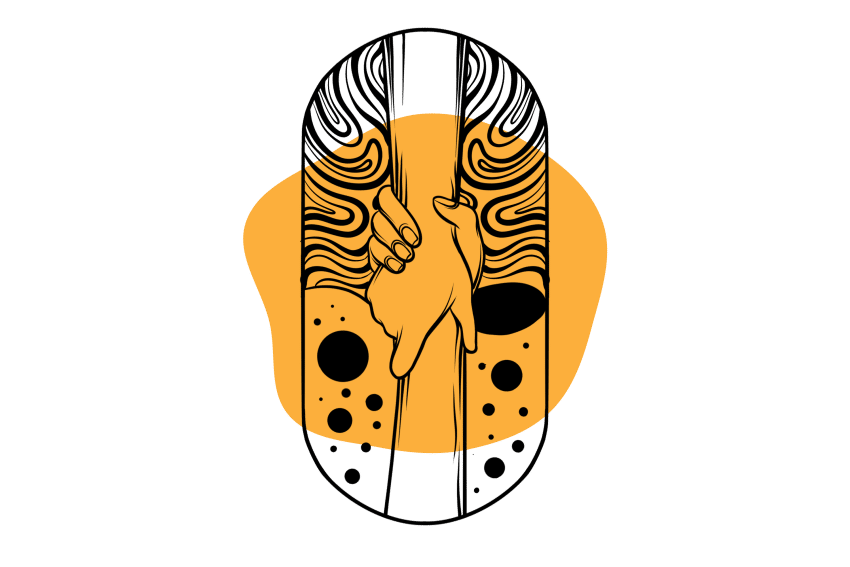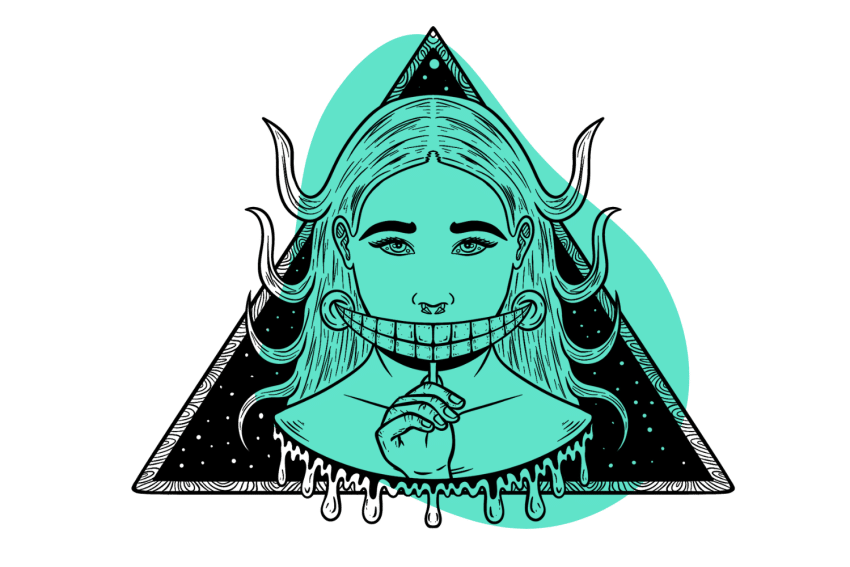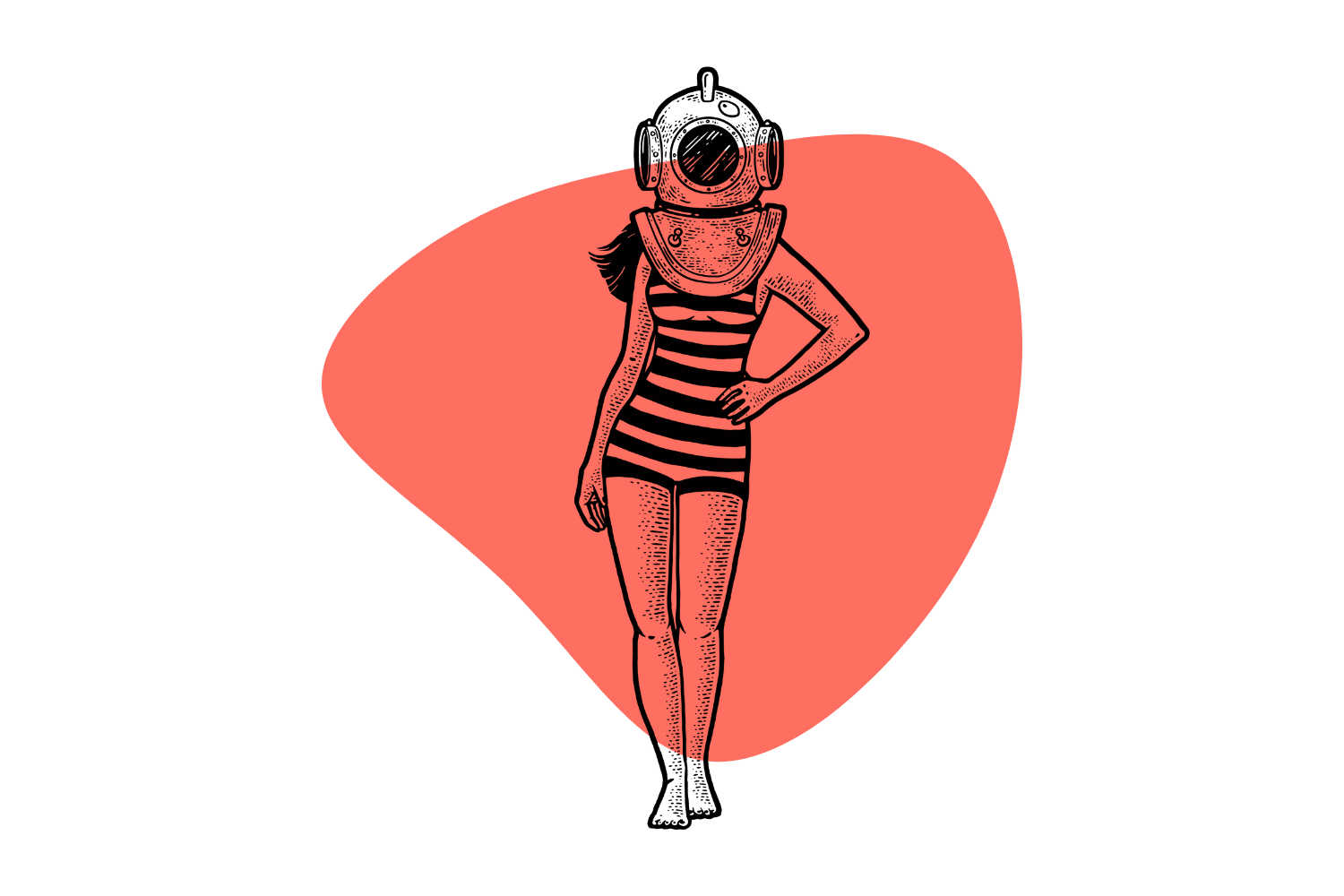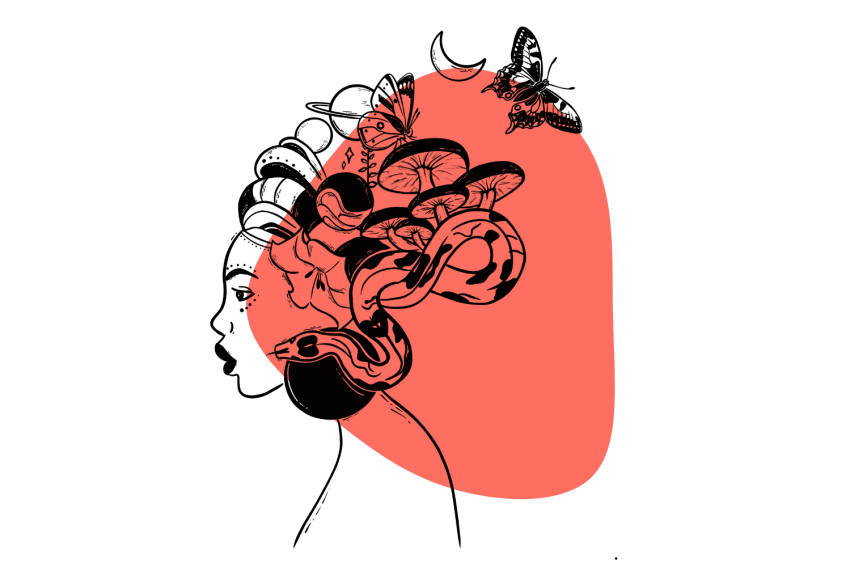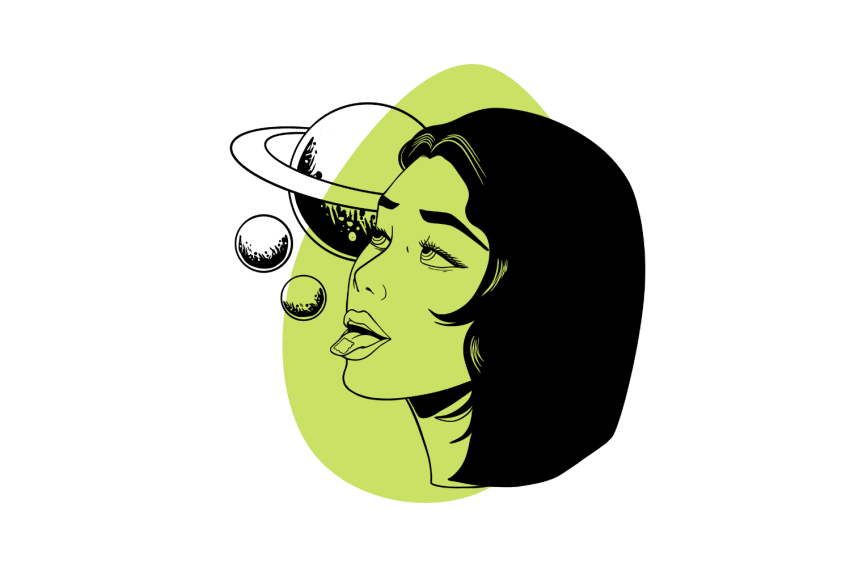The Placebo Problem: Why Placebos Are Ineffective In Psychedelic Research
Within the first hour, almost every participant likely knows whether they’re in the active or placebo group🤯 This fact makes researching psychedelics very difficult.
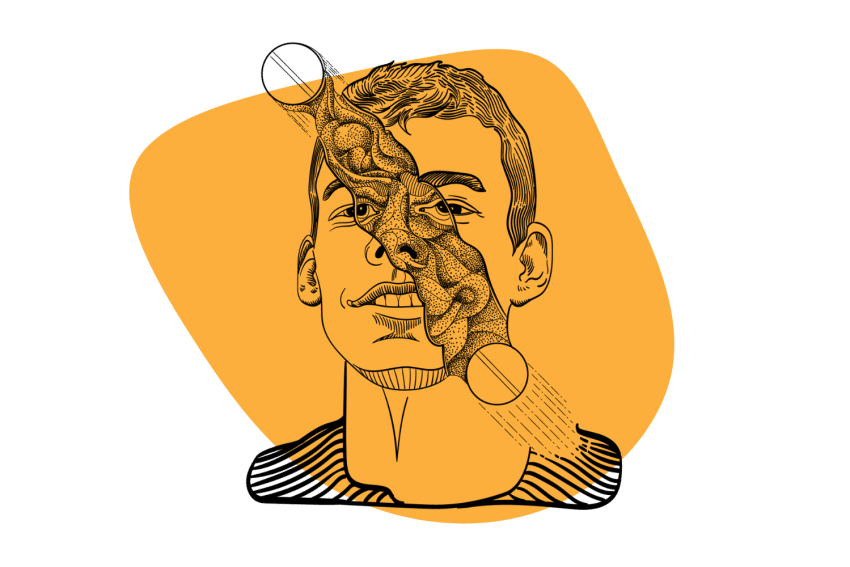
The psychedelic experience is robust and — for many — profound, resulting in dramatic alterations of perception. Imagine the absurdity of giving two people either a drug like LSD or a placebo and having them not be sure which they took.
This is the problem researchers are bumping into now as they start to open up inquiries into the potential of these drugs. Normally, placebos play a crucial role in analyzing the power of a substance over our brain’s ability to create an effect based entirely on expectation.
Placebo control is impossible to keep a secret when it comes to high doses of psychedelics. This is for a few reasons:
- Subjective Experience — As we mentioned above, the psychedelic experience does not come on quietly. It announces itself with force, and its existence or lack thereof becomes quickly apparent to participants.
- Physiological Symptoms — Along with the visuals and hallucinations come changes in body temperature, nausea, heart-rate elevation, and more.
- Expectations — Both the participants and the researchers can discover who’s in the control group but must go through the motions. Participants expecting a greater outcome will have a larger positive effect when realizing they are in the active group, and the opposite will be true for those realizing they’re on a placebo.
Let’s dive into this complicated issue and ways we might circumvent it.
Why Placebos Don’t Work In Psychedelic Trials
Placebos — either “active” or “inactive” substances without effect on the topic of study — have been a major element of scientific research for years. Distinguishing the effects a drug can have on a person against the expectations they have for it has been the gold standard of proof for efficacy.
This measure of randomly allocating participants to either placebo or active groups — or randomized control trials (RCTs) — has been nearly the only method of operation for decades. RCTs prove a drug is capable of outperforming our own capability to heal.
Blinding the participants and researchers from their assigned groups is critical. If mindset and expectations start to shift, the placebo effect will get stronger or weaker alongside it.
With psychedelics, blinding becomes nearly impossible for both parties for three main reasons:
1. Subjective Experience of Psychedelics Negates Placebos
One recent report on the effects of ketamine on visual senses found 88% of participants correctly guessed which drug they took [1]. This number would likely have been higher if not for researchers utilizing an active placebo — a light dissociative with far less potency — to aid in tricking participants into thinking they were in the active group.
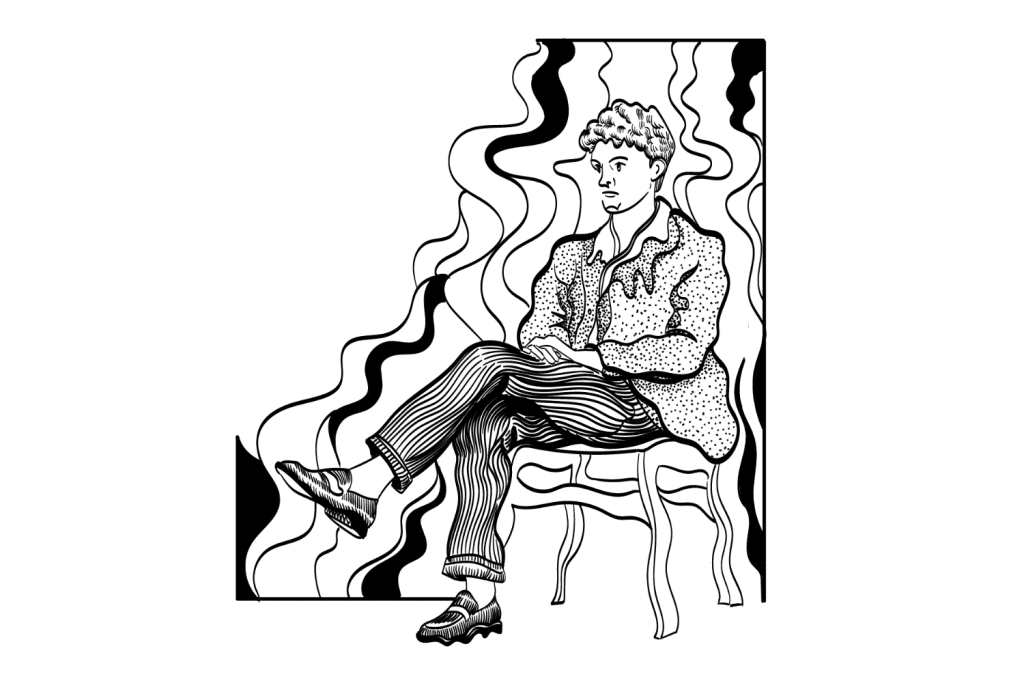
Even with this measure, almost everyone broke blinding because of the undeniable experience of ketamine. Subjective experiences of psychedelics — the “trip” of it all — make them easy to tell apart from a placebo, even an active one.
2. Physiological Effects Give Away Placebos
Putting aside the experience of psychedelics, they also create physiological changes which are hard to miss.
Some of the physiological effects of psychedelics include:
- Elevated blood pressure
- Increase heart rate
- Nausea or vomiting
- Loss of Appetite
- Dry Mouth
- Restlessness
- Fluctuations in body temperature, excessive sweating, and cold sweats
While some active placebos — like niacin — can mimic some of these effects, it’s hard to maintain a veil of secrecy for long. Eventually, whether these symptoms build or add up to anything becomes apparent to everyone present.
3. Expectations Influence Psychedelic Trial Results
Psychedelics are seeing a similar renaissance to the one we experienced with cannabis, including some of the downsides. Namely, there are voices pushing psychedelics as a panacea capable of treating, curing, and maintaining vast numbers of conditions.
Some researchers are even calling for a reevaluation of our current data, stating the elevation of expectations could result in overly positive results [2]. While initial results are positive, the collective anticipation of what these drugs can accomplish bolsters the placebo effect.
Additionally, it contributes to the “nocebo” effect of feeling negative outcomes from an inactive drug after shattered expectations.
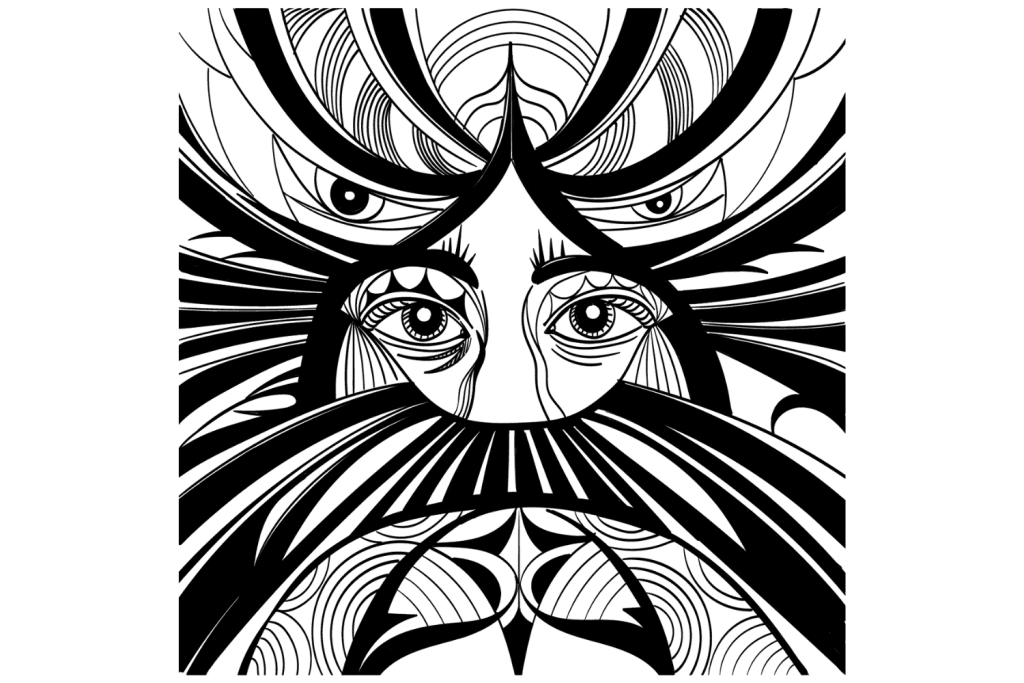
Imagine how negative your experience would turn if you went into a trial for clinical depression, knowing this could be the cure you’ve been looking for, only to realize you’re in the placebo group.
The disappointment lowers the baseline placebo score researchers measure psychedelics against. At the same time, the excitement and anticipation of participants add further distance between the two.
As Dr. Muthukumaraswamy et al. put it in their study published in Expert Review of Clinical Pharmacology:
While psychedelic RCTs have generally shown promising results, with large effect sizes reported, we argue that treatment effect sizes in psychedelic RCTs are likely over-estimated due to de-blinding of participants and high levels of response expectancy [3].
Alternatives to Placebos In Clinical Trials
Knowing placebos are ineffective, researchers have tried out a few alternatives with mixed levels of success.
Here are a few options for replacing a standard placebo in psychedelic research and some shortcomings these other solutions may present.
1. Create a Full Placebo “Experience”
One report found there’s potential to create a placebo psychedelic experience. In the study, 33 participants took an inactive placebo in an environment conducive to a psychedelic experience with music, lighting, art, and even other researchers masquerading as participants pretending to heavily feel the effects.
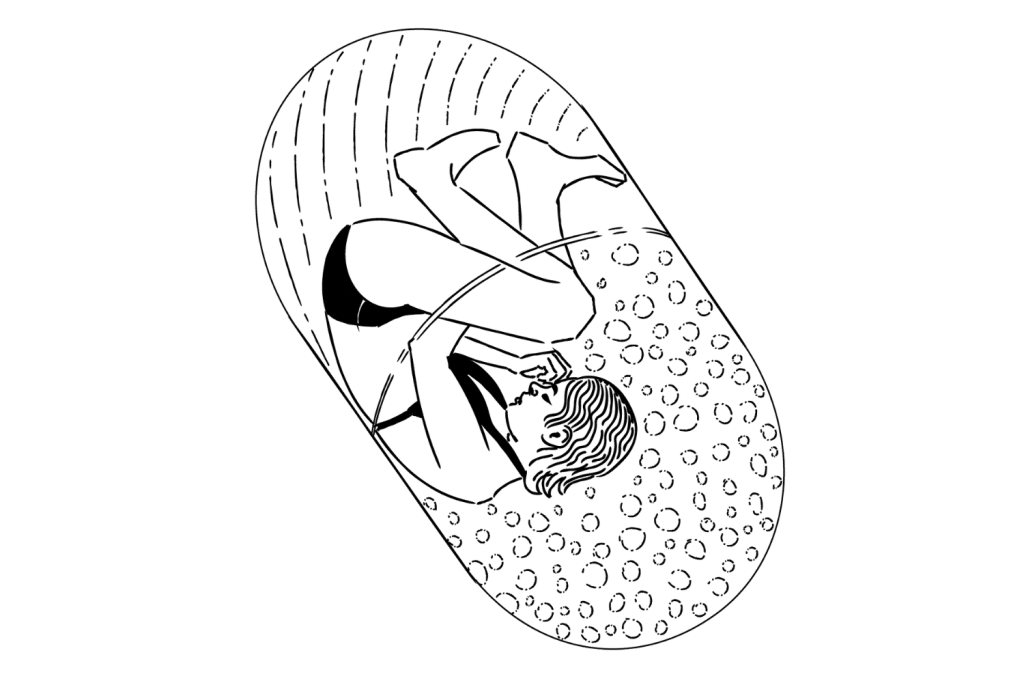
Astoundingly enough, 61% of participants claimed a psychedelic experience or some subjective effects [4]. Even more surprising was that many of these people had previous experience with psychedelics, which could point to even higher effectiveness in populations that have not.
This could mean a placebo isn’t out of the question for psychedelic research — it may simply require more work.
2. Crossover Trials for Psychedelic Research
Crossover trials involve participants taking both a placebo and an active dose at different times to compare the two.
Several psychedelic studies utilize this method, but it’s not without its limitations. If a group takes both an active and inactive drug, they’ll be even more likely to know which they took. Even if participants maintain blinding through the control group, they’ll break it after comparing the two.
Effects from one session may also bleed over to the next, contaminating the data.
3. Using An Active Group
Instead of comparing the effectiveness of psychedelics to the effect of a placebo, researchers can compare it to known intervention methods.
For example, one study by Robin Carhart-Harris et al. found psilocybin to be as effective for depression as the established SSRI treatment of Escatilprom [5].
While this doesn’t provide a baseline to work from, researchers can compare the effectiveness of the two treatments. The obvious downsides of these include the following:
- Differences in Dosage Methods — A single dose of psilocybin has inherent differences from the daily use of SSRIs that researchers may not be able to account for.
- No Baseline Experience — Evaluating effectiveness without a baseline is like trying to measure a building and not starting at the foundation. It’s hard to know how effective something is if you can’t start from 0.
- No Masking — Without a masking effect, participants are likely to experience some level of the placebo effect for both medications.
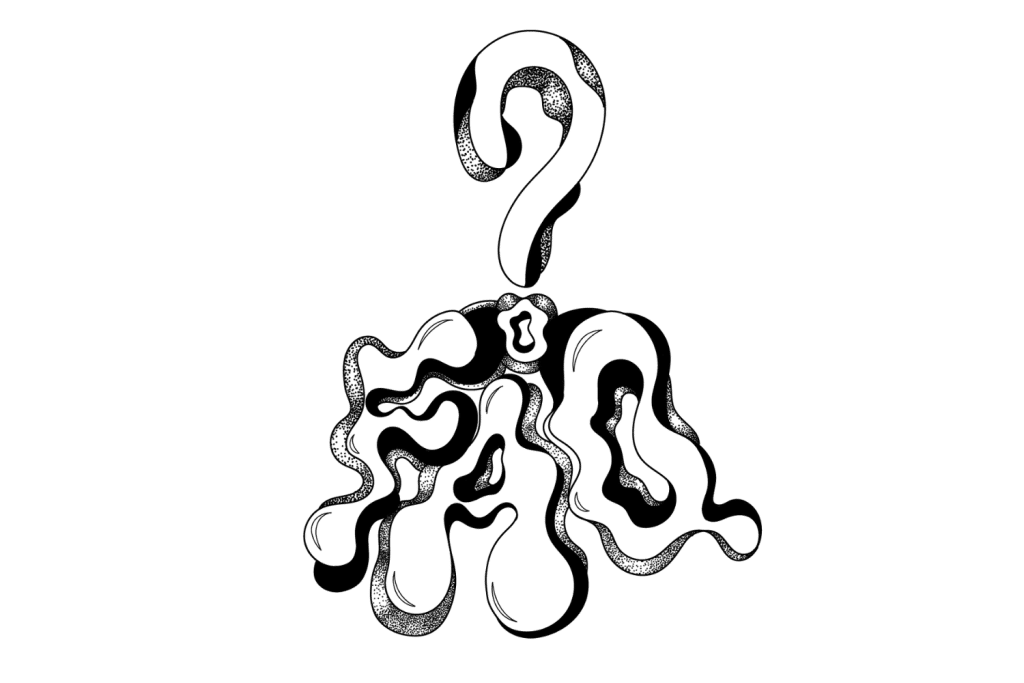
FAQ: Placebos & Psychedelics
Here are some of the most common questions people ask about the use of placebos in psychedelic research:
Why Do Researchers Use Placebos?
Placebos are important because our expectations of treatment can influence the effect it has. When participants are unsure whether they have a placebo or an active drug, researchers can measure expectations against reality.
What Placebos Do Researchers Use for Psychedelic Research?
Psychedelic trials use a range of placebo options in an attempt to mask participants from their grouping. Sometimes this involves small, non-intoxicating, or threshold-level amounts of the psychedelic drug compared to larger doses.
Other times, it’s a drug like niacin that mimics some of the physiological effects without causing intoxication. Since each psychedelic is different, researchers may use different options depending on what they’re studying.
Why Are Placebos Ineffective for Studying Psychedelics?
Placebos require the participants to not know whether they have taken an active drug or not. Without the ability to mask whether it’s a psychedelic or a placebo, participants and researchers alike are unable to avoid their biases.
Are Placebos Unethical?
Some argue allocating some participants to a placebo control while knowing there is potential for the active drug to help is unethical. Though this is the most common recommendation for research, participants in control groups with severe conditions may get worse or continue to suffer.
References
- Sumner, R. L., McMillan, R., Spriggs, M. J., Campbell, D., Malpas, G., Maxwell, E., … & Muthukumaraswamy, S. D. (2020). Ketamine enhances visual sensory evoked potential long-term potentiation in patients with major depressive disorder. Biological Psychiatry: Cognitive Neuroscience and Neuroimaging, 5(1), 45-55.
- Butler, M., Jelen, L., & Rucker, J. (2022). Expectancy in placebo-controlled trials of psychedelics: if so, so what?. Psychopharmacology, 239(10), 3047-3055.
- Muthukumaraswamy, S. D., Forsyth, A., & Lumley, T. (2021). Blinding and expectancy confounds in psychedelic randomized controlled trials. Expert review of clinical pharmacology, 14(9), 1133-1152.
- Olson, J. A., Suissa-Rocheleau, L., Lifshitz, M., Raz, A., & Veissière, S. P. (2020). Tripping on nothing: placebo psychedelics and contextual factors. Psychopharmacology, 237(5), 1371-1382.
- Carhart-Harris, R., Giribaldi, B., Watts, R., Baker-Jones, M., Murphy-Beiner, A., Murphy, R., … & Nutt, D. J. (2021). Trial of psilocybin versus escitalopram for depression. New England Journal of Medicine, 384(15), 1402-1411.

